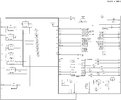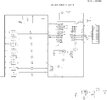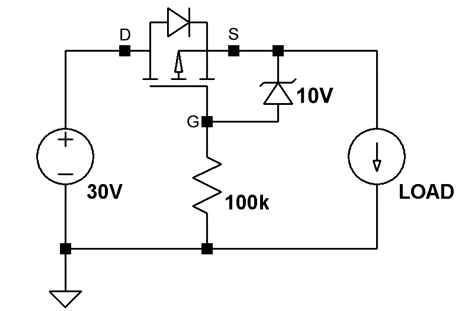MrDEB
Well-Known Member
Presently using a diode for reverse battery protection on two different projects but want to improve my circuit design by using a P mosfet instead of the diode.
input is 4 AA batteries so 6v max
circuits have a pic mictocontroller that drive an 8 segment led matrix (have two circuits, the second drives an LCD display)
Have noticed that the LCD starts displaying little squares when battery voltage drops so adjusting the 10K pot gets to be an issue.
Selecting the right SMT P_mosfet is my challenge but am sure members have a favorite P-mos they use.
any suggestions?
input is 4 AA batteries so 6v max
circuits have a pic mictocontroller that drive an 8 segment led matrix (have two circuits, the second drives an LCD display)
Have noticed that the LCD starts displaying little squares when battery voltage drops so adjusting the 10K pot gets to be an issue.
Selecting the right SMT P_mosfet is my challenge but am sure members have a favorite P-mos they use.
any suggestions?




